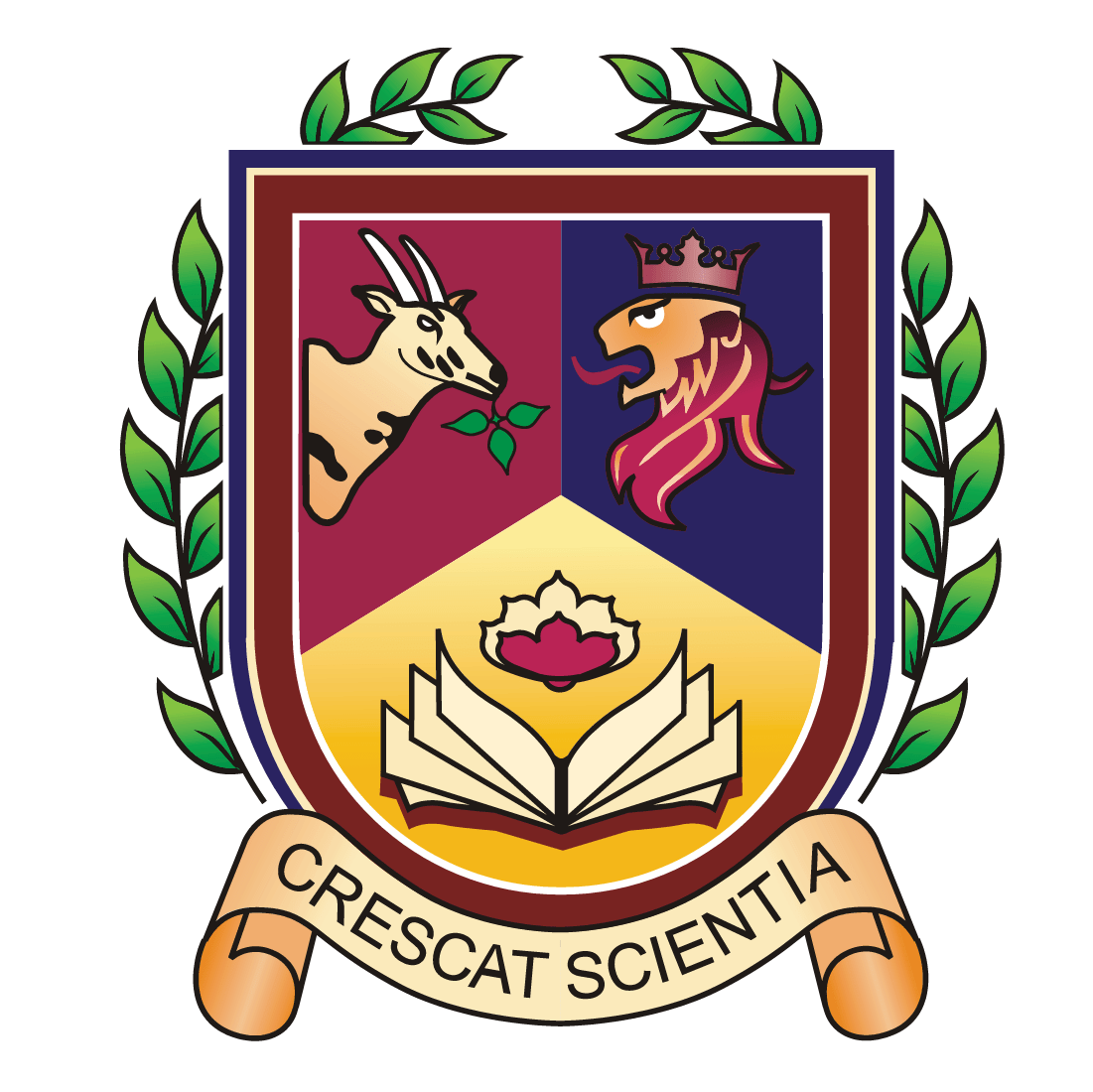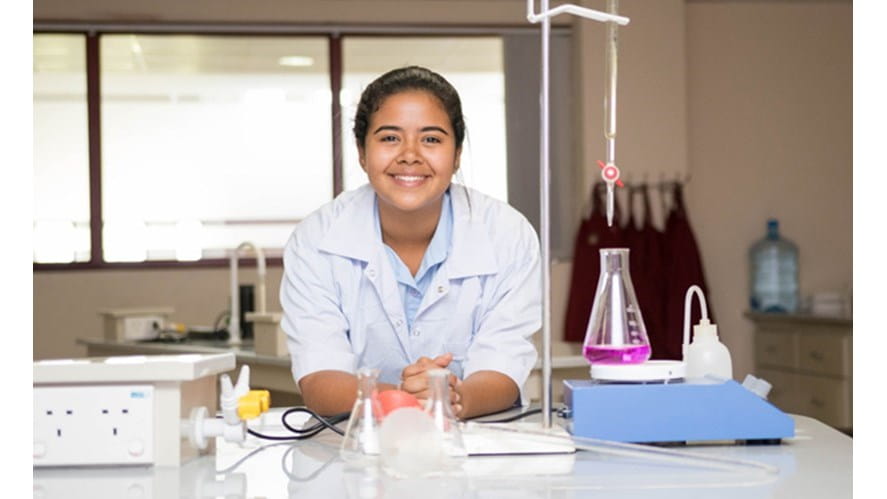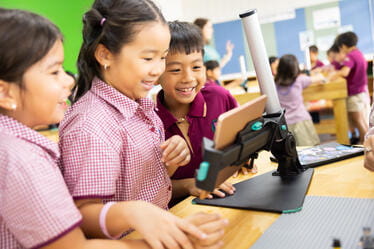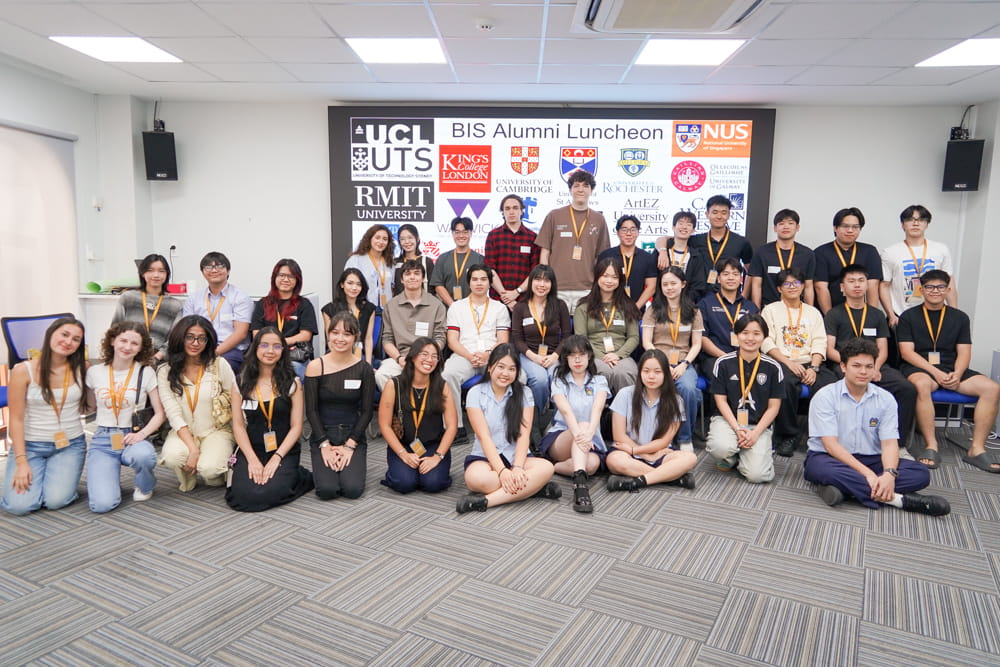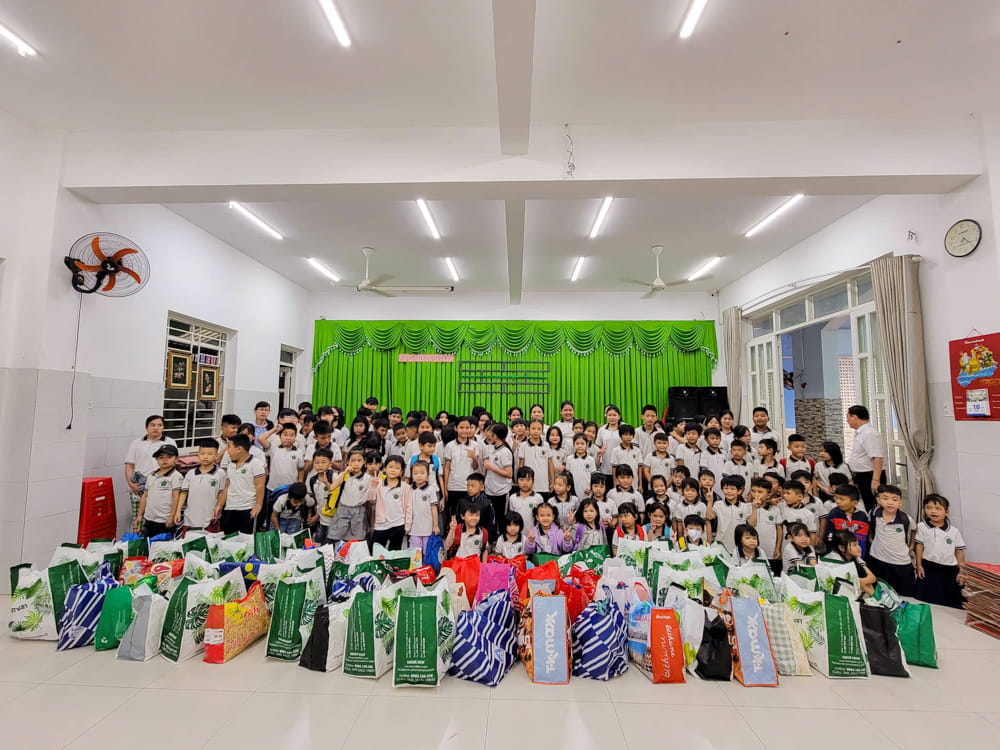Secrets of an A* IGCSE Student - Ana “IGCSE was hard and stressful, but if you manage your time properly and have a good work ethic from the beginning, it’s really not that bad.” - Ana Samudio, Year 12 BIS HCMC student.
“IGCSE was hard and stressful, but if you manage your time properly and have a good work ethic from the beginning, it’s really not that bad.” - Ana Samudio, Year 12 BIS HCMC student.
Studying for the IGCSEs can certainly be a stressful period for most 14-16 year olds. To manage these stress levels and reach their potential, we encourage students to establish effective study habits from the outset. We recently reached out to Ana Samudio who, thanks to some careful planning and efficient study techniques achieved top grades in her IGCSEs this Summer. Here, she kindly offers her top tips on how to be successful in this internationally-recognised programme of study.
Organisation is the key to success
From the very first day of the IGCSEs, teachers tell you to start getting organised because ‘organisation is the key to success’. It turns out they’re not joking!
Right from the beginning, I started making concise notes on the topics which had the greatest amount of content like Biology and ICT. This meant I had to give up some of my spare time but it was definitely worth it and here’s why…
When mocks drew closer and closer everyone was frantically trying to identify key concepts and vocabulary to study while I had everything I needed to know for each subject in my notes. The fact that they were concise also saved a lot of time when I began doing past papers. Which leads me onto my next piece of advice…
Past papers are super important
Past papers are super important. IGCSE is frustrating because they expect you to answer questions in a specific way. If you don’t practice, you won’t be able to answer the questions in the way the examiners want. Try to plan out your study plan early on in Year 11 so you leave enough time to do past papers without any aid from your notes.
I credit a lot of my success to the people I surrounded myself with
I credit a lot of my success to the people I surrounded myself with. There is a lot to learn in very little time but locking yourself away and having no social life is unhealthy. Therefore, it’s important and extremely helpful to create study groups or have a study buddy. I had my friends Sofia and Basile and we would sit in Starbucks making notes and testing each other for hours.
We also asked a fellow student who was studying IB Physics at school to tutor us. As they were a student, they understood the stress we felt and helped by giving us some really useful mnemonics and tricks to REMEMBER all the laws and equations we needed.
You need to prioritise the subjects you struggle with the most
I’m not going to lie to you and say I started studying for all of my subjects months in advance. However I did for the ones I knew I needed the most help with. You need to prioritise the subjects you struggle with the most. It’s easier to study for the ones you understand, but exactly because of that, these subjects should not be the ones you dedicate your study time to.
It is also very helpful to identify your “priority subjects” from the beginning. If you know you want to go into HL Chemistry in IB like I did, then you know you need an A* in Co-ordinated Sciences for IGCSE, so make that a priority subject. This is going to reduce stress when your exams arrive because you can be confident that you’ve worked the hardest for not only the subjects you struggle with but also the subjects that matter to you the most.
Ana Samudio, Year 12 BIS HCMC student
Ana’s approach to her study proved effective. She successfully achieved her A* in Co-ordinated Sciences and is currently studying both Biology and Chemistry HL at IB, with the hope of pursuing a future career in Science.
“Ana’s approach to revision is fantastic;” says Ana’s Science teacher Mr Lambert, “She recognises that revision should be frequent, spaced out, focused and practical. As well as this, Ana has also realised the importance of socialising, and of maintaining her own well-being during the stressful exam period. Too often we can make the mistake of thinking that revision means sitting alone in a room in front of a textbook, copying out notes. Research, and Ana’s success, show that this is not the case. I thoroughly recommend How We Learn: The Surprising Truth About When, Where, and Why It Happens by Benedict Carey if you are interested in learning more about how best to revise, particularly what the most effective strategies and common pitfalls are.”
About the IGCSEs
The Cambridge International Examinations IGCSE courses are internationally recognised as the most academically challenging courses currently on offer to 14-16 year olds. It’s a two-year programme consisting of, on average, ten individual courses spanning both core and optional subjects. The IGCSEs are a key milestone in preparing students for the rigorous IB Diploma Programme and the world’s leading universities look to them as an additional performance indicator when considering applications.
Many thanks to Ana for taking the time to offer her advice to all those students currently studying the IGCSE programme and we wish her the best of luck in her IB Diploma and beyond.


